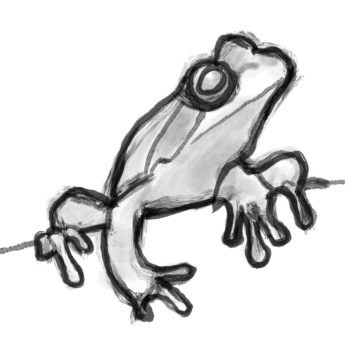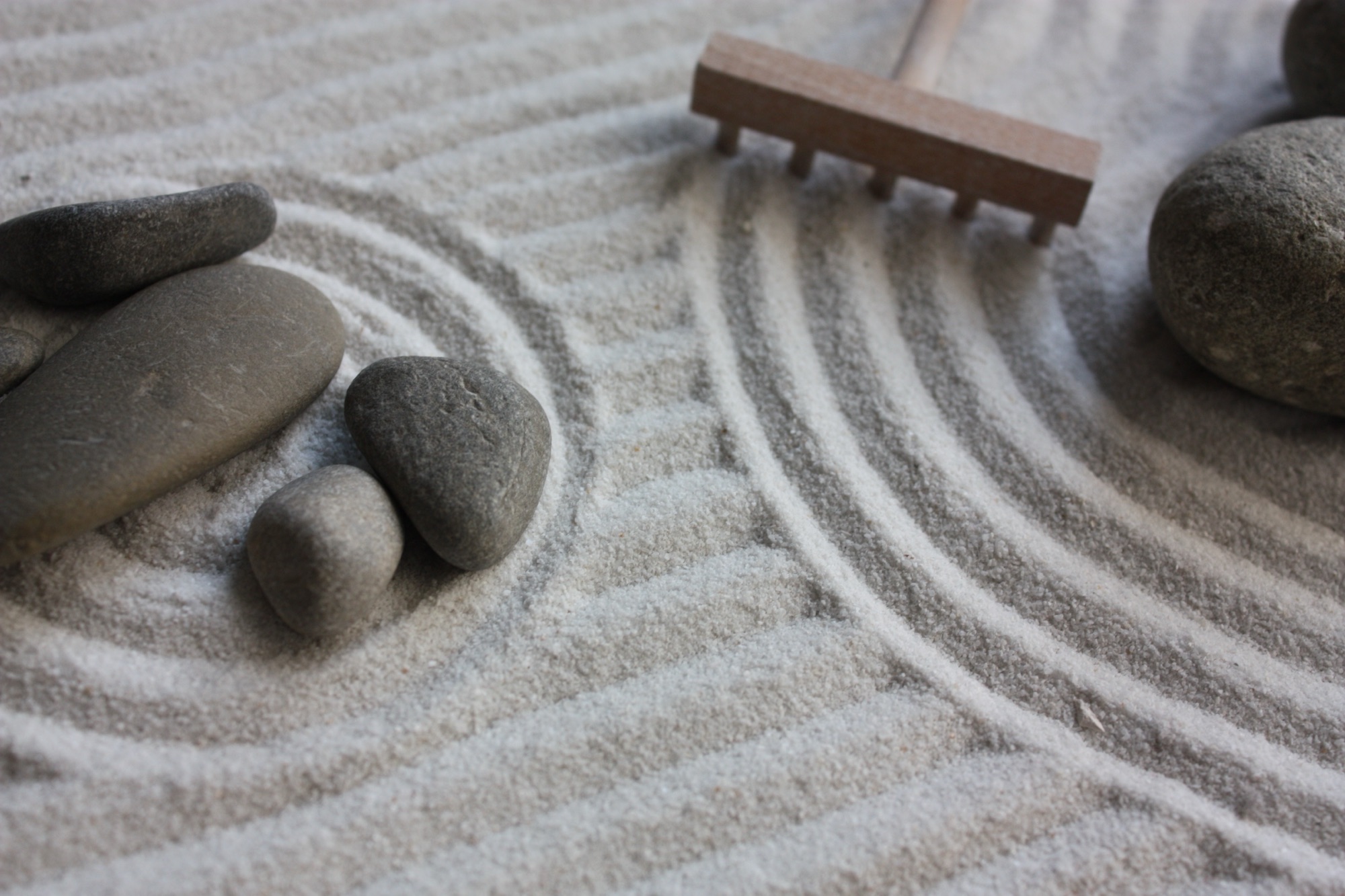As a young Zen Buddhist I once took an extremely brief pilgrimage to a Buddhist retreat center where a Zen teacher was going to run a retreat. However, I thought and, in all honesty, still think to some degree, that I am the wrong sort of person to be a Buddhist.
The core practice of Zen is a form of meditation, zazen, where one (typically) sits staring at a neutral wall for an extended period of time punctuated by walking meditatively (which incidentally gives the chance to stretch legs). There is a metaphor that is sometimes used for meditation, that it is polishing a mirror, to ensure no dust remains. Zen, as it turns out, has opinions about this.
Here the problems start. Observe the young student who, during meditation, has a brain that is bucking and pirouetting fiercely with untreated ADHD. Observe also that they can’t quite get the standard posture right (or, at least, one of the variants). Or, if managing that posture for a while, letting it slip in an embarrassing slump. Finally there was the pain as a reminder that I just didn’t meditate enough. This all adds up to what is, not a damning picture, merely a disappointing one.
So, as with many retreats like this, the teacher does a round of individual interviews. When my turn came, I shuffled my way nervously into the room, unsure of what to expect. What would they ask me? Will I say something passably human? Unfortunately, these interviews were conducted with both student and teacher assuming the posture facing each other.
In my attempt to engage in sitting, I was adjusting the cushion and my posture with exaggerated self-consciousness. I was readjusting and hoping I was not wasting an appreciable amount of time.
Meanwhile, the teacher already sat in posture with effortless stability that radiated peace (which wasn’t quite connecting yet). They were razor focussed on this moment and this new charge before them, nothing else mattered, other life fallen away for now. I say this not having picked it up at the time of course, but I had plenty of other times to observe this in them.
The anxiety must have been palpable. The teacher responded with a warm gesture and a gentle humour drawing me back from my self-imposed exile. It was reassurance. Not quite just reassurance. The kind of reassurance a gentle person would give when they see someone energetically drowning who has forgotten they can swim.
On the surface, this was to help me settle down. But the way it was said and gestured, therein lies the trick. I knew at that moment that it was not merely alright, that this situation that will perhaps improve over time if I apply myself with suitable fervor. I was Alright. There was nothing Lacking about this student. It is true I would have to work at this going ahead but, fundamentally, it was Alright already.
Now, I wasn’t just a shaky Buddhist. Like everyone I had and still have complications in my life that make things less than alright. I am not suggesting that everything was fantastic. But, with their encouraging acceptance, I was presented by the teacher with a riddle, a paradox. How can both these things be true? How can things be not alright, but really Alright? This surprisingly simple truth, experienced directly, has driven me to try to dig deeper, in my way.
My experience with my teacher reminds me of a story I once read, a story of mirrors and dust. That resists a tidy explanation. In it, Hui-neng summarized the bone of the Dharma as:
There is no Bodhi-tree,
Nor stand of mirror bright,
Since all is void*,
Where can the dust alight?
Despite the fact that the mirror remains undefiled by dust, nevertheless, we polish it. Even though no polishing is needed. Through polishing, we may experience this truth directly, even while it is already experienced. Through polishing, we express that we experience this truth.
Like air mostly goes unnoticed for us, we are like fish in water, not noticing what is already around us.
Years later, I recognized my experience in what might otherwise seem like a platitude. As Bernard tells Albert in I Heart Huckabees when helping him to try a different kind of meditation: “When you get the blanket thing you can relax… because everything you could ever want or be, you already have and are.”
Fundamentally, unconditionally, the mirror is free from dust. We are all Alright already. Why do we polish the mirror then? There must be something deeper at play here, Zen Buddhists haven’t packed up and gone home after all! The blanket awaits. Come, take your bike, let’s ride out to find some truth.
* Be careful, “void” here has a rich meaning in Zen. Zen is not nihilistic. In fact, it does nothing less than to include all things and thoughts, all beings, in their uniqueness, connecting them in their unity, offering a glimpse beyond even them. It is like the parable where we, as we are, are welcomed back into the house of our father after a long and troubled absence. Our father insists that he sees no defilement on us and treats us with unbounded love.
Discover more from Blanket Theory
Subscribe to get the latest posts sent to your email.


